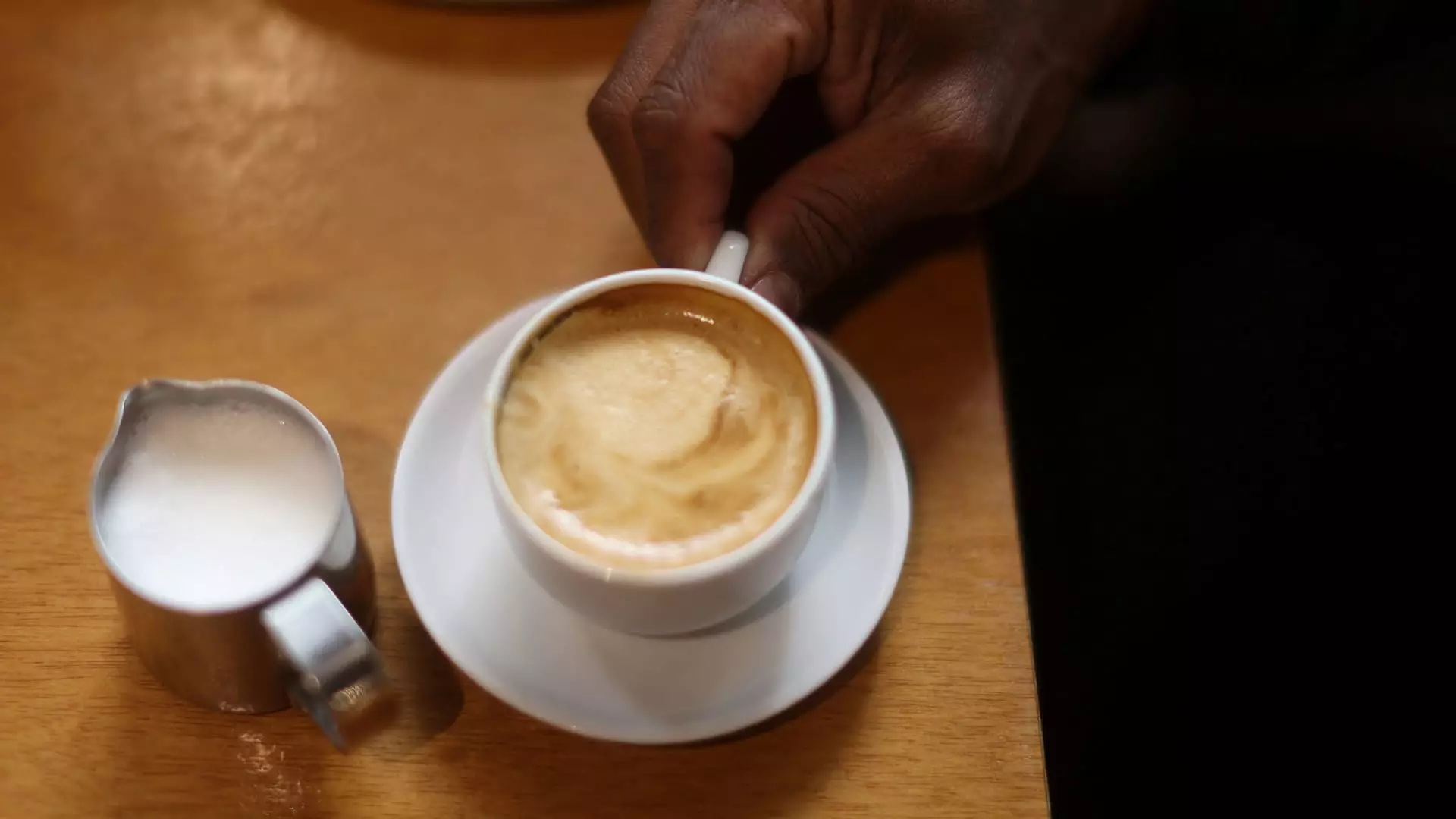The looming threat of a 50% tariff on Brazilian coffee imports signals much more than just another escalation in trade disputes — it exposes the fragile foundation of America’s caffeine economy and reveals the political motivations behind such economic weaponry. While proponents may tout these tariffs as a means of protecting domestic industries, the reality is a recipe for consumer suffering and industry destabilization. This policy move abruptly untethers a critical supply chain link, threatening to inflate prices at a time when Americans are already squeezed by inflation.
Brazil, as the planet’s largest supplier of green coffee beans to the U.S., occupies a pivotal market position. Cutting off or heavily taxing this supply not only jeopardizes the stability of the coffee industry but directly impacts the everyday consumers who rely on a routine that now risks becoming more costly and less consistent. Such a significant tariff disregards the complex global network that sustains American caffeine consumption, prioritizing political leverage over economic pragmatism. It is, frankly, a reckless gamble with the wellbeing of millions, in the guise of strategic bargaining.
The Consumer’s Dilemma: Rising Costs and Shrinking Choices
Coffee is more than just a beverage; it is an essential part of American daily life, economic activity, and cultural identity. Mintel’s estimation of a nearly $20 billion U.S. coffee market underscores how deeply intertwined coffee consumption is with consumers’ livelihoods and comfort. When tariffs threaten to inflate costs, the direct impact is felt by the customer in the form of higher prices for popular products: lattes, cold brews, and instant coffees.
Already, the industry faces pressures from climate-induced disturbances — droughts, frosts, and global weather phenomena have chipped away at coffee supplies, pushing prices to record highs earlier this year. The addition of a 50% tariff would act as an unnecessary accelerant to inflation, further eroding consumer purchasing power. For the average American, this translates into fewer luxuries, less variety, and a diminished experience. Coffee, once a simple daily ritual, risks becoming a symbol of economic hardship, driven more by political posturing than market fundamentals.
The Industry’s Struggle: Navigating Uncertainty and Protecting Margins
From large multinationals to regional roasters, the coffee industry is caught in a tight spot. Companies like J.M. Smucker, Keurig Dr Pepper, and Starbucks have already begun to absorb the rising costs through price hikes, but there is a limit to sustainability. A 50% tariff is not just a marginal increase; it’s a seismic shift in the cost structure.
Manufacturers will attempt to pivot by sourcing from non-Brazilian countries such as Vietnam, which, although part of a tentative trade deal, will still impose a 20% duty. This diversification might mitigate some costs but will not fully alleviate the price surges. More importantly, it could lead to a “ripple effect,” where elevated costs in one country lead to a general upward shift in global coffee prices. This scenario is bad news not only for industry players striving to maintain margins but also for consumers, who will inevitably bear the burden through price increases.
Moreover, the industry is grappling with the urgency of maintaining product quality and consumer loyalty in a fiercely competitive market. Cutting costs through efficiency measures offers limited relief when the core raw material, coffee beans, becomes prohibitively expensive. It’s a lose-lose situation that threatens to undermine decades of brand trust and consumer confidence.
Strategic Calculations and Political Short-sightedness
While some companies like Starbucks are positioning themselves to absorb costs temporarily, the long-term implications of such tariffs could be disastrous. The company’s commitment to not raising prices immediately is admirable but ultimately naive if tariffs persist or escalate. The more profound issue is the political calculus that sees tariffs as leverage rather than a tool for sustainable economic growth.
From a center-right perspective, this approach is fundamentally flawed. It underestimates the importance of free and fair trade systems that invigorate economic growth and consumer welfare. Politicians advocating for such tariffs often ignore the fact that they impose disproportionate burdens on consumers and small business owners who rely on affordable commodities. Tariffs tend to serve as a form of protectionism that ultimately stifles competition and innovation rather than fostering resilience.
The potential exemption talks from the USDA suggest that political considerations will inevitably overshadow market realities. If the tariffs go into effect, the entire supply chain will face distortion, and consumers will bear the consequences, all while policymakers pat themselves on the back for “standing up” to foreign trade practices. This shortsightedness risks alienating the very constituencies it claims to protect and further entrench economic inefficiencies.
The proposed increase in tariffs on Brazilian coffee is not merely an economic adjustment; it’s a symptom of misguided policy that neglects the importance of global supply chains, free trade, and consumer interests. While political leverage may be desirable to some, the long-term damage such protectionist measures inflict on the economy, industry, and everyday consumers is undeniable. Responsible policymakers should prioritize stability, access, and fair trade over shortsighted protectionism — otherwise, they risk brewing a future where coffee prices soar, competition diminishes, and consumer confidence is permanently undermined.

